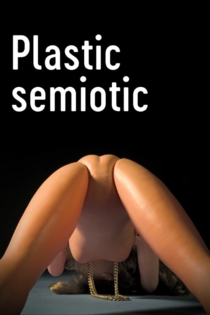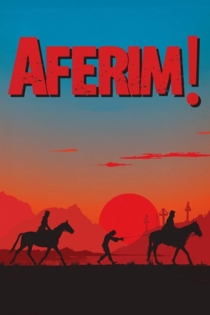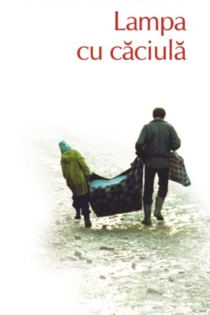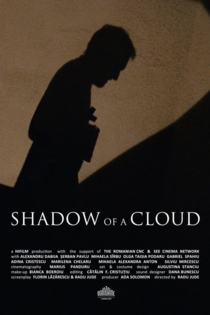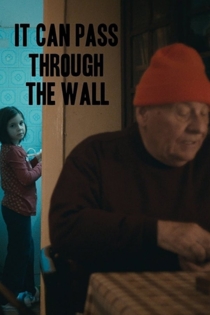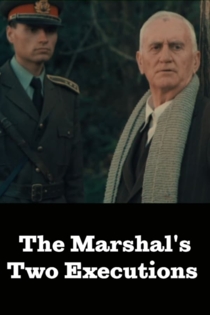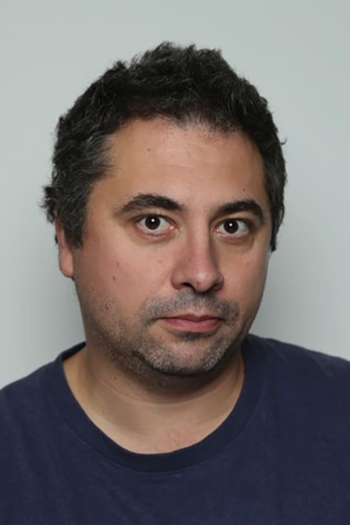
Radu Jude
1977 (48 лет)Everybody in Our Family
Radu Jude
Șerban Pavlu, Sofia Nicolaescu
Marius is a divorced man in his late thirties. His five year-old daughter Sofia lives with her mother, which causes Marius a deep frustration. On the day Marius arrives to take his daughter on their annual holiday, he is told that she is ill but he doesn't believe it and insists to take her with him. The situation soon gets out of control with all the family taking part in a web of humor, violence, childish songs, police interventions and love statements.
Everybody in Our Family
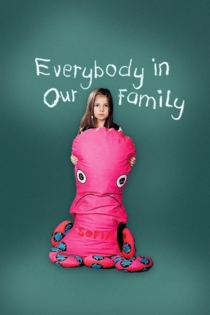
Îmi este indiferent dacă în istorie vom intra ca barbari
Radu Jude
Ioana Iacob, Alex Bogdan
"I do not care if we go down in history as barbarians." These words, spoken in the Council of Ministers of the summer of 1941, started the ethnic cleansing on the Eastern Front. The film attempts to comment on this statement.
I Do Not Care If We Go Down in History as Barbarians
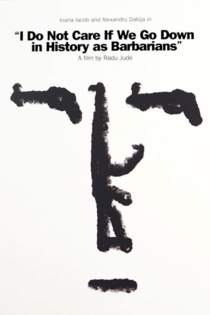
Scarred Hearts
Radu Jude
Lucian Teodor Rus, Ivana Mladenović
During the summer of 1937, Emanuel, a young man in his early twenties, is committed to a sanatorium on the Black Sea coast for treatment of his bone tuberculosis. The treatment consists of painful spine punctures that confine him to a plaster on a stretcher-bed. Little by little, as Emanuel gets accustomed to the sadness of his new life, he discovers that inside the sanatorium there is still a life to be lived to the fullest.
Scarred Hearts
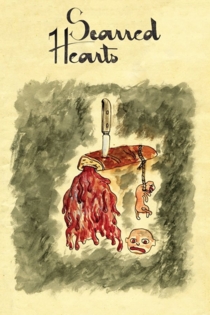
Alexandra
Radu Jude
Șerban Pavlu, Alexandra Pascu
Tavi, a forty-year-old divorced father, comes to his ex-wife's home to repair his four-year-old daughter's bike. He realizes with amazement that Alexandra does not call him "Daddy" any more. He asks an explanation from his ex-wife...
Alexandra
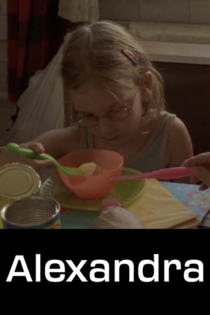
The Happiest Girl in the World
Radu Jude
Andreea Bosneag, Violeta Haret-Popa
Delia, a young Romanian girl, comes to Bucharest with her parents to collect a prize she has won in a contest organized by a soft-drinks company. The prize is a beautiful new car. All Delia has to do now is appear in front of the camera in a commercial. All goes well until it becomes clear that Delia and her parents have very different ideas about what to do with the new car. Meanwhile, the contest's sponsor needs a radiant prize-winner with a gleaming smile. A wicked satire and a psychological portrait of a society perverted by its slavery to capitalism and consumerism
The Happiest Girl in the World
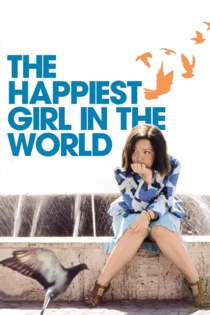
Ţara Moartă: fragmente de vieţi paralele
Radu Jude
Radu Jude
A documentary-essay which shows Costică Axinte's stunning collection of pictures depicting a Romanian small town in the thirties and forties. The narration, composed mostly from excerpts taken from the diary of a Jewish doctor from the same era, tells the rising of the antisemitism and eventually a harrowing depiction of the Romanian Holocaust.
The Dead Nation
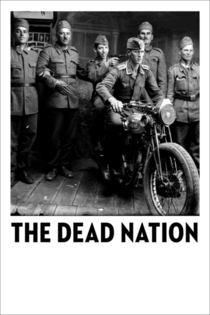
Film pentru prieteni
Radu Jude
Paul Cioran, Marian Bratu
Considering that his life is a failure, a man records himself leaving a video-message to his loved ones. After this message, which tackles, in funny and sad ways, a lot of issues, both personal and social, he shoots himself in the head. But he fails. And what follows is the a ridiculous and horrific agony, that probably changes the characters' vision about life... A film done basically in one single shot.
A Film for Friends
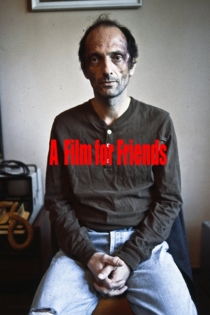
Ieşirea trenurilor din gară
Radu Jude, Adrian Cioflâncă
Editing film composed entirely of archival photographs and documents related to the Iasi Pogrom from June 1941. The first part of the film consists of photographs of the victims, accompanied on the soundtrack by statements and testimonies about their fate. The second part, shorter, is a montage of the actual photos of the Pogrome, some of them unique.
The Exit of the Trains
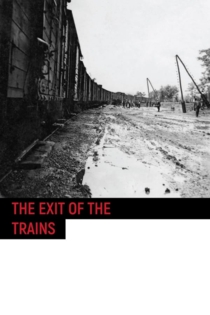
Tipografic majuscul
Radu Jude
Șerban Pavlu, Ioana Iacob
In 1981, chalk slogans written in uppercase letters started appearing in public spaces in the Romanian city of Botoşani. They demanded freedom, alluded to the democratic developments taking place in Romania’s socialist sister countries or simply called for improvements in the food supply. Mugur Călinescu was behind them, who was still at school at the time and whose case is documented in the files of the Romanian secret police. Theatre director Gianina Cărbunariu created a documentary play based on this material.
Uppercase Print
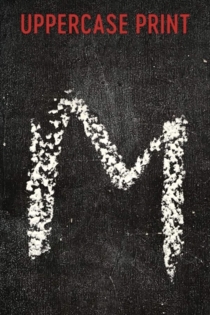
Babardeala cu bucluc sau porno balamuc
Radu Jude
Katia Pascariu, Claudia Ieremia
Emi, a school teacher, finds her career and reputation under threat after a personal sex tape is leaked on the Internet. Forced to meet the parents demanding her dismissal, Emi refuses to surrender to their pressure.
Bad Luck Banging or Loony Porn
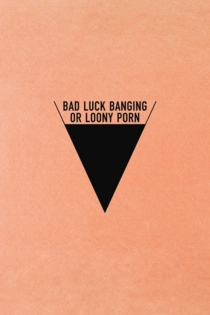
Plastic semiotic
Radu Jude
The life of human beings, seen from birth to old age. Only that this generic life is not represented with humans, but with the artefacts that we the humans have created for our children (or should we say ‘cubs’?), in order to prepare them for life: the toys. So, the film is a collage of scenes in which the toys help us understand better a possible essence of our life.
Semiotic Plastic
